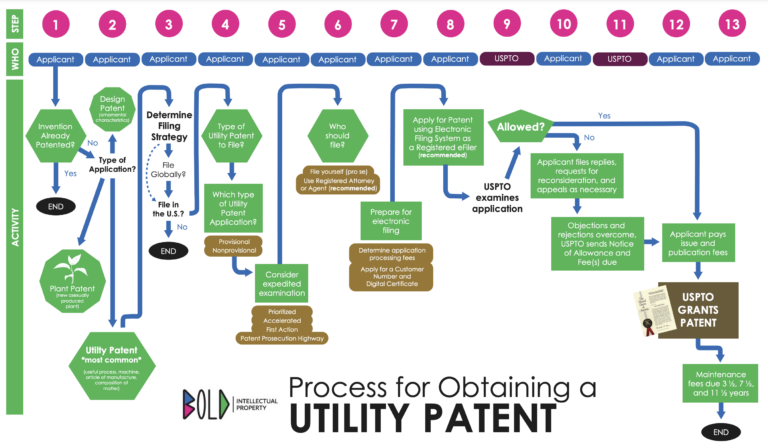Types of Cases Handled by Employment Lawyers: Protecting Your Workplace Rights
Employment law covers a wide range of issues affecting both employees and employers, from wage disputes to wrongful termination. Employment lawyers specialize in resolving these legal matters, offering expert advice and representation for a variety of workplace-related issues. Whether you’re an employee facing discrimination or an employer navigating compliance with labor laws, understanding the types of cases handled by employment lawyers is essential for making informed decisions. This article explores the various cases employment lawyers handle and why their expertise is crucial in today’s evolving workplace environment.
Discrimination and Harassment Cases
One of the most common cases employment lawyers handle involves workplace discrimination and harassment. Employees may face discrimination based on race, gender, age, religion, disability, sexual orientation, or other protected characteristics. This can manifest in unfair hiring practices, unequal pay, lack of promotions, or hostile work environments.
Employment lawyers help clients who have experienced discrimination by evaluating their case, gathering evidence, and representing them in claims filed with agencies like the Equal Employment Opportunity Commission (EEOC). Similarly, they handle cases involving workplace harassment, where employees are subjected to unwelcome behavior or treatment that interferes with their ability to work.
By hiring an employment lawyer, employees can ensure that their rights are upheld and that they receive fair treatment in the workplace.
Wage and Hour Disputes
Wage and hour disputes are another significant area of employment law. These cases often involve issues such as unpaid wages, overtime pay, misclassification of workers, and violations of minimum wage laws. Employees who are not paid for all hours worked, or who are denied overtime despite working more than the required 40 hours per week, may seek legal assistance to recover the wages owed to them.
Employment lawyers are well-versed in federal and state wage laws, such as the Fair Labor Standards Act (FLSA), and they can help employees claim the compensation they are entitled to. These cases can be particularly complex, requiring lawyers to investigate time records, company policies, and work practices to uncover violations.
Wrongful Termination and Retaliation
Wrongful termination cases involve employees being fired for illegal reasons, such as discrimination, retaliation, or in violation of an employment contract. Employees who believe they have been unjustly terminated can seek legal advice to determine whether their firing was in violation of their rights.
Retaliation cases often arise when an employee faces adverse actions like termination, demotion, or harassment after engaging in legally protected activities, such as reporting discrimination, filing a workers’ compensation claim, or whistleblowing on illegal activities. Employment lawyers can help employees navigate the legal process, gather evidence, and file claims with relevant agencies or in court.
These cases can have significant emotional and financial impacts on employees, making it crucial to work with an experienced employment lawyer to protect their rights.
Employment Contracts and Severance Agreements
Employment lawyers are also experts in handling employment contract disputes and negotiating severance agreements. Employees may encounter issues with the terms of their employment contracts, including non-compete clauses, confidentiality agreements, or terms related to termination and benefits.
When leaving a company, employees may be presented with a severance agreement. Employment lawyers can review these agreements to ensure that employees are receiving fair compensation and that their legal rights are protected. They can also negotiate better terms on behalf of employees, such as severance pay, health benefits, and non-disparagement clauses.
For employers, employment lawyers can help draft and review contracts to ensure compliance with labor laws and minimize the risk of future legal disputes.
Employee Benefits and Retirement Plans
Another area of focus for employment lawyers is employee benefits and retirement plans. Lawyers in this field assist employees in understanding and asserting their rights related to benefits such as health insurance, retirement savings (like 401(k) plans), disability benefits, and paid leave.
In cases of denied benefits or disputes over the administration of retirement plans, employment lawyers can help employees navigate the complex laws surrounding benefits programs, including the Employee Retirement Income Security Act (ERISA). They can represent employees in claims against employers or benefit plan administrators to ensure that they receive the benefits they are entitled to under the law.
FAQs About Employment Lawyers
1. Can I represent myself in an employment case?
While you have the right to represent yourself, employment law is complex, and self-representation often results in missed opportunities for compensation or legal protections. A skilled employment lawyer can help you navigate these complexities.
2. How can an employment lawyer help me if I’ve been wrongfully terminated?
An employment lawyer can help by investigating the circumstances surrounding your termination, reviewing your employment contract, and filing claims with relevant authorities like the EEOC or a state labor board.
3. What should I do if I believe I am a victim of workplace discrimination?
If you suspect discrimination, document any incidents, report the issue to your employer, and contact an employment lawyer. Your lawyer can guide you through filing complaints with the EEOC and taking legal action if necessary.
4. How can an employment lawyer assist with wage and hour disputes?
An employment lawyer can help you assess whether your employer has violated wage laws, calculate unpaid wages or overtime, and file claims to recover owed compensation.
5. Do I need an employment lawyer if I’m negotiating a severance agreement?
Yes, an employment lawyer can review your severance agreement to ensure that it is fair and that you are receiving the compensation and benefits you’re entitled to. They can also negotiate better terms on your behalf.
